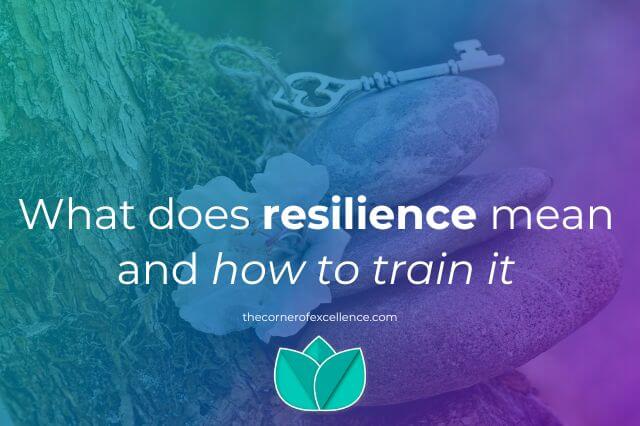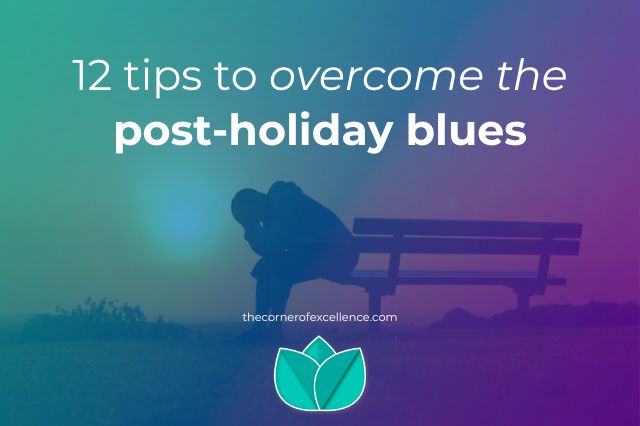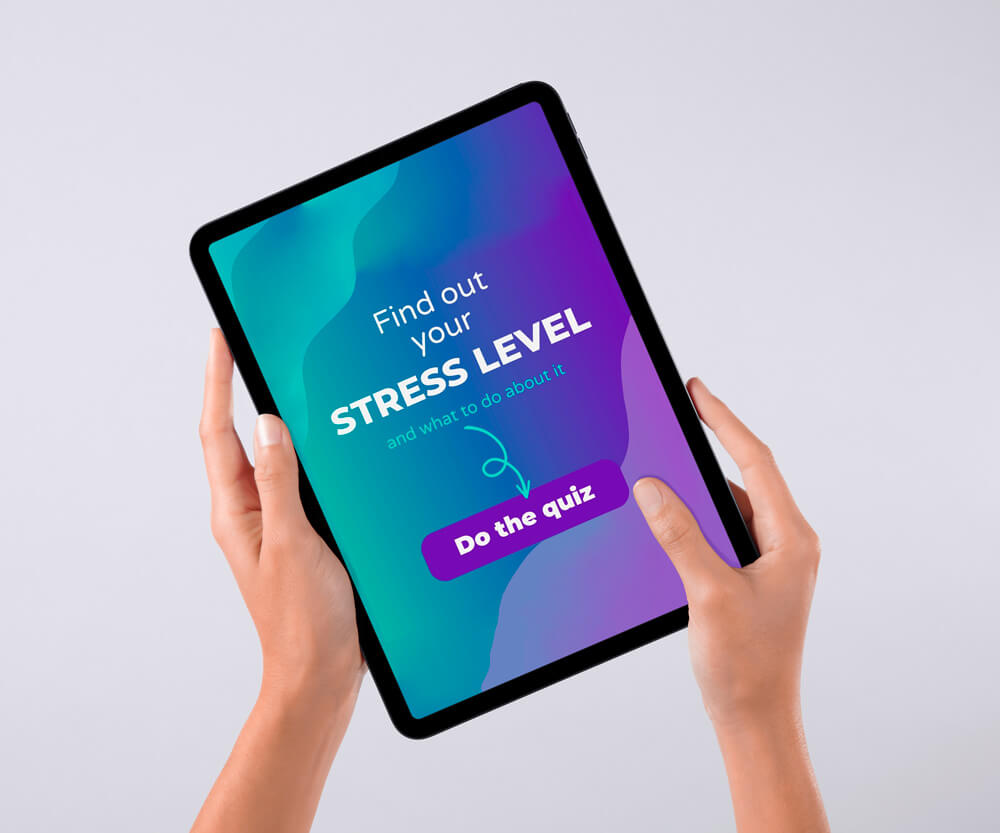
What does resilience mean and how to train it
Find out what resilience and resilient processes are. Which behaviours, attitudes and techniques help you be more resilient, without being so overly.
Like the new website?
The redesign is still ongoing so don’t be surprised if some articles have a different look. Rome also wasn’t built in a day 😉

Find out what resilience and resilient processes are. Which behaviours, attitudes and techniques help you be more resilient, without being so overly.
Workplace harassment is also known as psychological harassment, bullying or mobbing. This is one of the most serious triggers of work-related stress and may require
[vc_row][vc_column][vc_column_text] How potentially stressful situations affect us not only depends on our character, education and experience, but also on our level of responsibility. If our
Noticing a lack of support or recognition in our job can make us feel demotivated and frustrated or even worse. Remember that stress originates from
Thought it may surprise you, one can suffer from stress due to monotony and boredom. If it has never happened to you, lucky you. But
This is the month of love and we are surrounded by messages announcing Valentine’s Day. But I am bringing you a different approach: self-love. But
This type of stress due to a feeling of insecurity can emerge in people in environments of crisis, high unemployment rates and precarious employment offers.

Find out how to make mindfulness practice easy, dealing with excuses. Get to know Mindfulness exercises to include into your routine.
In this post we will address the stress due to a sense of powerlessness, one of the most common types of work-related stress. As you

Learn about the history of Mindfulness, what it is, myths about Mindfulness, its benefits and recommendations to start practicing it.
In this post, we will focus on one of the most common types of work-related stress: stress due to overload. We are different and approach

Do you ever suffer from the post-holiday blues or post-vacation blues? What it is syndrome, who is more prone to it and tips to overcome
